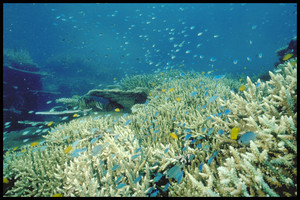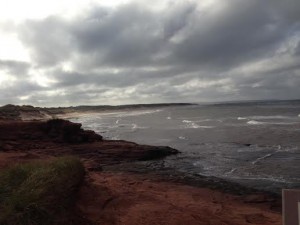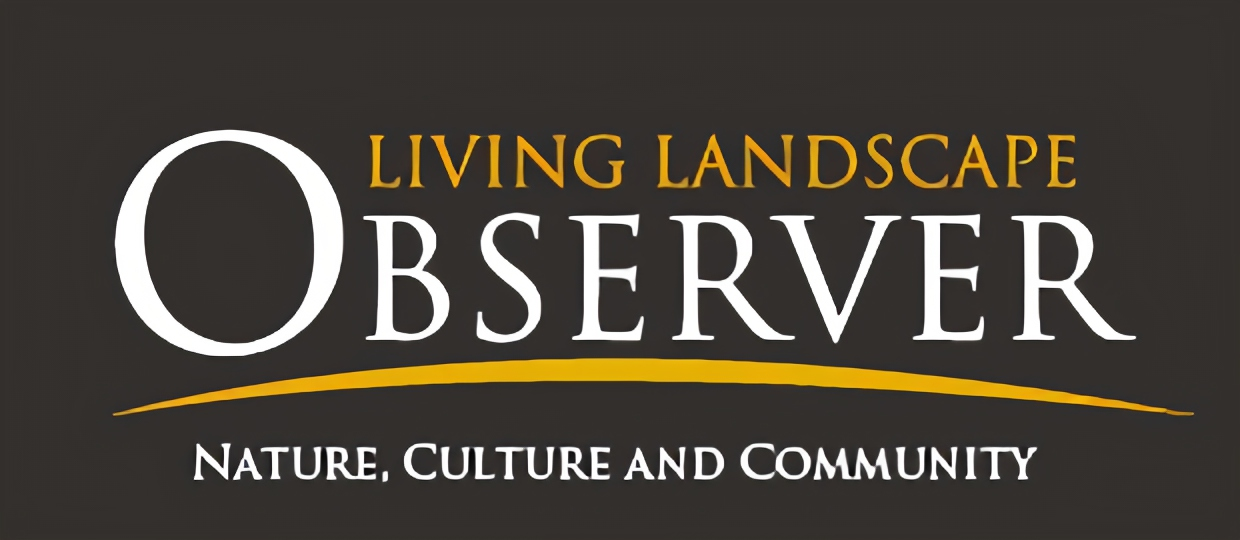Do the recent midterm elections in the United States signal a change in the nation’s heritage policies? To read the tea leaves, we might look to the fate of parks and heritage conservation programs in Australia and Canada – where conservative governments have recently been in power. In the past, both countries had a track record of innovative heritage programs – developing world class historic sites, new approaches to the recognition of indigenous cultural values and strong interpretation of history and nature. So what has been the impact of the fiscal belt tightening of Prime Minister Tony Abbott of Australia and Prime Minister Stephen Harper of Canada?

In Australia, there has been a wholesale retreat by the national government from heritage programs. Heritage professionals bemoan the lack of leadership, dwindling resources (funding and staff) and less rigorous planning and guidance for the conservation of cultural and natural resources. Environmental organizations are concerned about the devolution of planning controls over heritage sites from the national government to the states. This has raised questions about the protection of World Heritage sites such as the Great Barrier Reef. One heritage leader has described the Abbott government’s abandonment of support for the Australian National Heritage List (formerly the Register of the National Estate) in 2007 as “a body blow for the nation’s heritage”.
In Canada the once preeminent cultural and natural resource agency, Parks Canada, struggles under a maintenance backlog estimated by a recent consultant report as $2.77 billion. A continual pattern of budget reductions – in 2014 alone there was a $27 million reduction in operational funding out of a total budget of $650 million – has left parks reeling and struggling to keep the doors open. A decade ago, the agency had a staff of well-respected architects, historians and planners. These services were privatized and then with reduced funding disbanded. Programs such as recognition for National Historic Landmarks have been put on hold indefinitely.

Overall not a very happy prospect, but could this happen in the United States (US)? While politically we are close cousins to these two countries, there are some significant differences. For one thing we have a much stronger Federal system. In Australia and Canada their states or provinces always had a more dominant role in heritage conservation and all other government services. For example, in Australia many of the states have their own national park system. The results for heritage have been that wealthy and well-populated areas have been able to pick up the slack and continue heritage programing at the regional level. For poorer, less populated areas like Tasmania and the Yukon not so much.
Another important difference is the US’s long tradition of political advocacy. The National Parks Conservation Association was created one year after the US National Park Service to be a watch dog over park programs. The National Trust for Historic Preservation, Preservation Action and now the Coalition of National Park Retirees play a similar role. While the picture is not uniformly rosy, as the NPS heads towards its centennial in 2016 and the National Historic Preservation Act turns fifty, the future of parks and heritage programs are in a better position than other parts of the world.
The take away from all this is, whether you like your tea with lemon or milk —- it pays to be vigilant.


